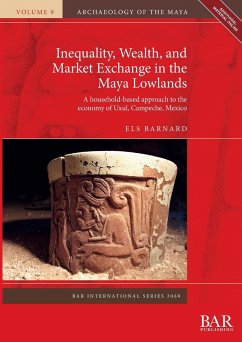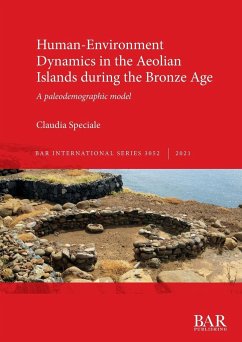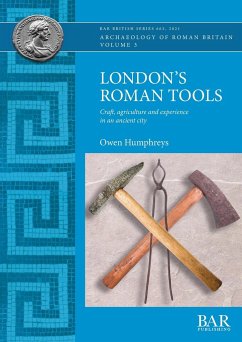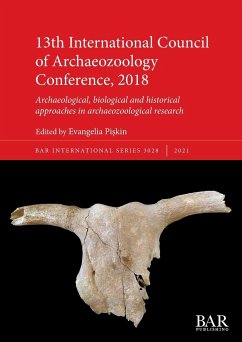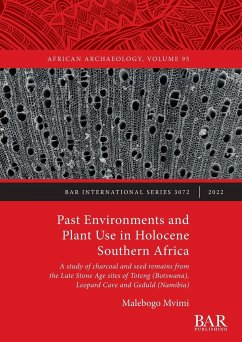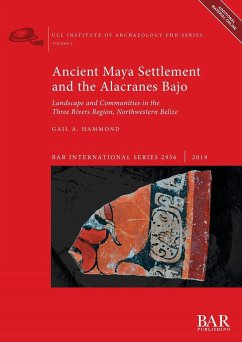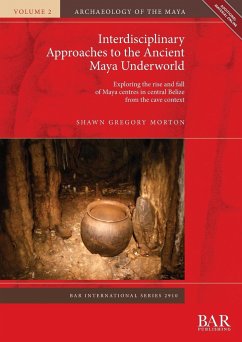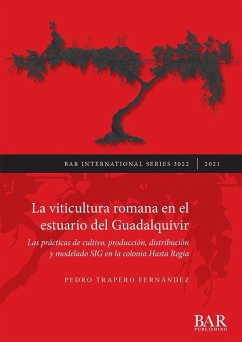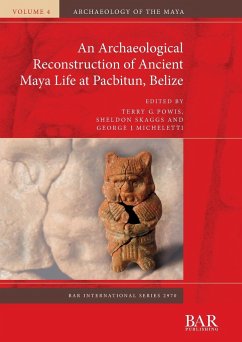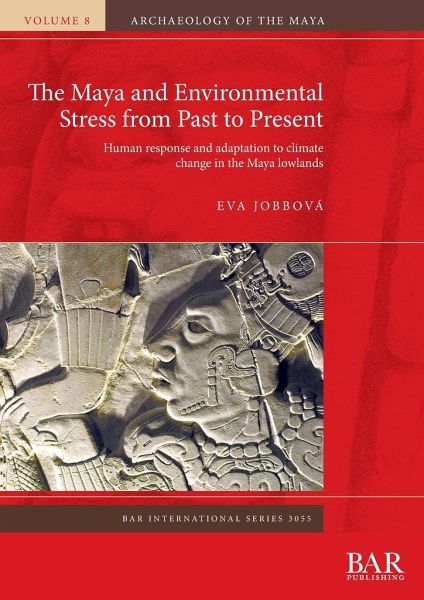
The Maya and Environmental Stress from Past to Present
Human response and adaptation to climate change in the Maya lowlands
Versandkostenfrei!
Versandfertig in 1-2 Wochen
104,99 €
inkl. MwSt.

PAYBACK Punkte
52 °P sammeln!
Both the perceived successes and failures of the Maya are often linked to their relationship with the local environment and their response to episodes of climate change over a period of nearly 2000 years. However, our understanding of human responses to environmental stress has mostly been shaped by a narrow focus on drought as a cause for societal collapse, even in relatively well-watered tropical regions. We still know little about the choices humans make in response to extreme variability in rainfall in different environmental conditions and on multiple timescales. This work responds to rec...
Both the perceived successes and failures of the Maya are often linked to their relationship with the local environment and their response to episodes of climate change over a period of nearly 2000 years. However, our understanding of human responses to environmental stress has mostly been shaped by a narrow focus on drought as a cause for societal collapse, even in relatively well-watered tropical regions. We still know little about the choices humans make in response to extreme variability in rainfall in different environmental conditions and on multiple timescales. This work responds to recent debates and new analytical opportunities in Maya studies, provided by developments such as an increased volume of paleoclimatic data, the growing field of settlement archaeology and advances in Maya epigraphy. By combining a range of evidence, the book explores the relationship between Maya society and the local environment on multiple spatial and temporal scales, while also considering socio-cultural agencies. In addition, results from ethnographic fieldwork among contemporary Maya communities provide insights into the impact of stress-inducing climatic events on people's lives and their coping strategies. These serve as a guide when looking for similar patterns in archaeological and textual evidence.





